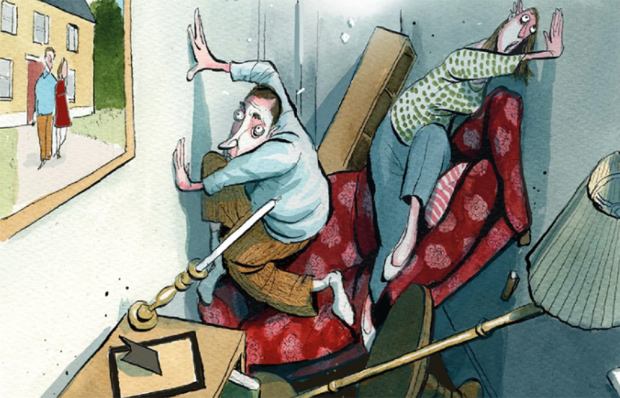National characters
How useful is it to characterise an election with a single anthropological specimen such as ‘Workington Man’? ‘Worcester Woman’ was identified by Tory strategists ahead of the 1997 election as a key voter who had helped John Major win, against expectations, in 1992. Worcester was then a Conservative seat. Has the city followed the national trend since?
1992: Con 46% of Worcester vote, Lab 36%
(Nationwide, Tory majority of 21)
1997: Lab 50%, Con 36%
(Labour majority of 178 seats nationwide)
2001: Lab 49%, Con 36%
(Labour majority of 166)
2005: Lab 42%, Con 35%
(Labour majority of 65)
2010: Con 40%, Lab 33%
(Hung parliament: Con/Lib Dem coalition)
2015 : Con 45%, Lab 34%
(Conservative majority of 15)
2017: Con 48%, Lab 43%
(Hung parliament: Tory minority government)
Questions of trust
Some surprising polling revelations:
1% of Brexit party voters would rather trust Jo Swinson on Brexit than Boris Johnson.
1% of Lib Dem voters would rather trust Boris Johnson on the NHS than either Jo Swinson or Jeremy Corbyn.
1% of Conservative voters would rather trust Jeremy Corbyn on the economy than Boris Johnson.
1% of Labour voters say that defence and security is the most important issue which has persuaded them to vote for the party.
Source: YouGov
Heated debate
Taoiseach Leo Varadkar was attacked for suggesting that there were ‘benefits and downsides’ to climate change, and that warmer winters would lead to fewer deaths. A group called Irish Doctors for the Environment demanded he retract his comments. But is he right?
— A 2013 study led by the Dublin Institute of Technology concluded that between 1981 and 2006 a total of 294 deaths in Ireland could be attributed to heatwaves, an average of 12 per year.
— A 2015 study led by Public Health England and published in the European Journal of Public Health concluded that in the nine winters between 2002/03 and 2010/11 a total of 11,219 deaths in Ireland could be attributed to ‘excess winter mortality’, an average of 1,246 per year.
— So there would seem to be far more scope for a warming trend in temperatures to reduce excess winter deaths than to increase excess summer deaths.
Got something to add? Join the discussion and comment below.
Get 10 issues for just $10
Subscribe to The Spectator Australia today for the next 10 magazine issues, plus full online access, for just $10.
You might disagree with half of it, but you’ll enjoy reading all of it. Try your first month for free, then just $2 a week for the remainder of your first year.














Comments
Don't miss out
Join the conversation with other Spectator Australia readers. Subscribe to leave a comment.
SUBSCRIBEAlready a subscriber? Log in